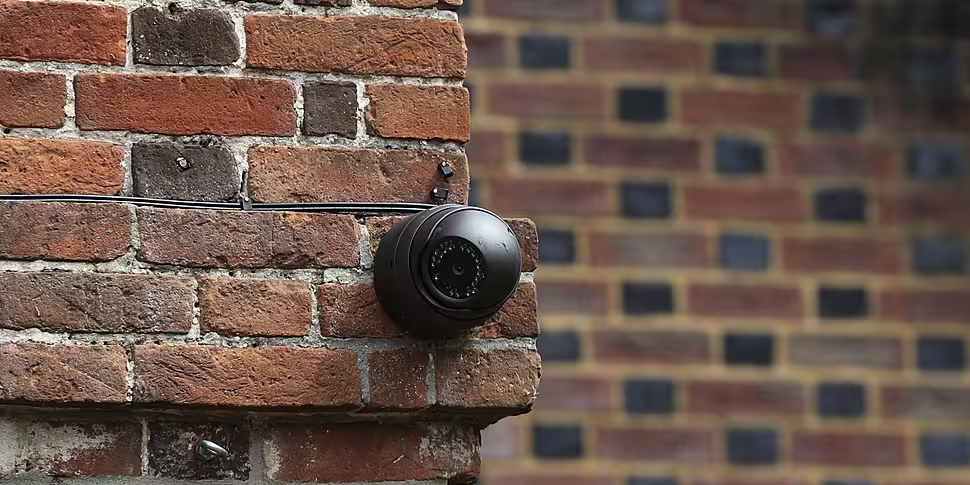Owners of video doorbells and home-security CCTV could find themselves in breach of data protection regulations, according to a legal expert.
It comes after the Office of the Data Protection Commissioner said it has seen a large increase in complaints about residential CCTV systems.
On The Hard Shoulder this evening, TJ McIntyre, Associate Professor at the Sutherland School of Law in UCD, said anyone thinking about installing a new system should think carefully about what they are recording.
“If you would like to do it in your own home or in your garden and you are not overlooking the neighbours or overlooking a public road, you can do what you want by and large,” he said.
“The issue really comes about when you start overlooking someone else or videoing public property.
“It is at that point you have to begin thinking about complying with data protection law.”
Data protection
He said video doorbells that record people walking on public streets and other people’s properties could breach data protection rules.
He said there are two main issues anyone setting up a domestic security system.
“Problem number one is that, if you want to video the public area outside your house, you are going to have to show that you have a good reason to do that,” he said.
“That might be that you have a particular safety issue or there is a particular threat to you or that you are protecting something valuable.
“You are going to have to show that it is reasonable and proportionate for you to be filming the outside space to begin with.”
Online video
He said the second issue arises when people try to use the footage – for example by publishing it online.
“That is more problematic because you have to show why you did that and your own amusement is not good enough,” he said.
“There are some exceptions that allow public filming and one of them is when you are filming for artistic or journalistic purposes – which means for example when RTÉ captured that man slipping on the ice.
“They have a good reason for that.”
Crime
He said that, should you capture evidence of a crime, you can pass it on to Gardaí – but you are not entitled to publish it.
“So even if you caught somebody outside your front door maybe vandalising someone’s car you would be perfectly entitled to pass it on to Gardaí but you would not be entitled to put it up on social media seeking to name and shame them,” he said.
“We have seen a lot of examples when things have been put up on social media and it has turned out we have had wrongful identification.”









